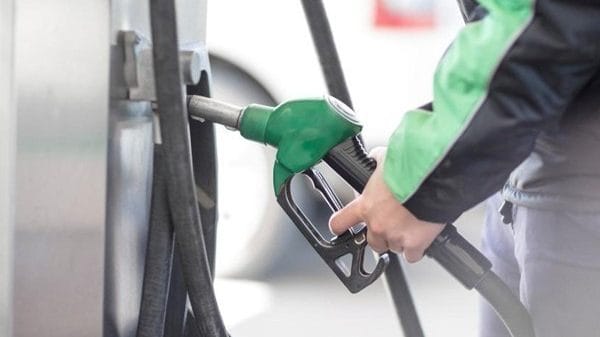New Delhi: In a move to support sugarcane farmers and reduce reliance on crude oil imports, the Indian government has approved a revision of ethanol procurement prices for the Ethanol Supply Year (ESY) 2024-25.
The decision, made by the Cabinet Committee on Economic Affairs (CCEA) chaired by Prime Minister Narendra Modi, will see the administered ex-mill price of ethanol derived from C Heavy Molasses (CHM) increase from Rs 56.58 per liter to Rs 57.97 per liter, effective 1 November, 2024, to 31 October, 2025.
This price increase, according to the government, aims to ensure sufficient ethanol availability to meet the increasing blending target of 20 percent ethanol in petrol by 2025-26. This initiative, known as the Ethanol Blended Petrol (EBP) Programme, seeks to promote the use of alternative, environmentally friendly fuels and reduce foreign exchange Ausgaben. The government has advanced this target from the earlier goal of 2030.
The CCEA decision also ensures continued price stability and remunerative prices for ethanol suppliers, benefiting sugarcane farmers. In addition to the fixed price, GST and transportation charges will be payable separately, as in the past.
The EBP Programme has been instrumental in reducing India’s dependence on foreign oil. Over the past ten years, ethanol blending by Public Sector Oil Marketing Companies (OMCs) has resulted in savings of over Rs 1,13,007 crore in foreign exchange and the substitution of approximately 193 lakh metric tonnes of crude oil.
The program has seen ethanol blending increase from 38 crore liters in ESY 2013-14 to 707 crore liters in ESY 2023-24, achieving an average blending of 14.60 percent. The government’s roadmap for ethanol blending includes plans to reach 18 percent blending during the current ESY 2024-25.
To support the program, the government has taken several measures, including increasing ethanol distillation capacity to 1,713 crore liters per annum, signing Long Term Off-take Agreements (LTOAs) to establish Dedicated Ethanol Plants (DEPs) in ethanol deficit states, and encouraging the conversion of single feed distilleries to multi feed. The availability of E-100 and E-20 fuel and the launch of flexi fuel vehicles are also contributing to the program’s success.
These initiatives have attracted investments in greenfield and brownfield distilleries, storage, and logistics facilities across the country, generating employment opportunities and boosting the domestic economy. The government’s commitment to the EBP Programme is expected to further benefit sugarcane farmers, provide quantifiable forex savings, reduce crude oil consumption, and contribute to environmental protection. All distilleries will benefit from the scheme, with many expected to supply ethanol for the EBP program.






